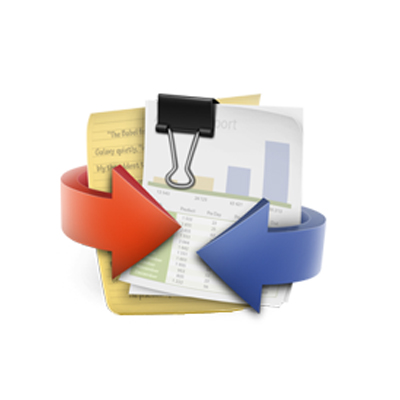Converting HTML to JSON has become increasingly prevalent in the world of web development. JSON, which stands for JavaScript Object Notation, is a lightweight data-interchange format that is easy for humans to read and write, and easy for machines to parse and generate. HTML, on the other hand, is the standard markup language used for creating and structuring web pages. So why would you want to convert HTML to JSON? There are a few reasons. First, JSON is commonly used for data transmission between a server and a web application, making it an effective choice for exchanging information. Second, JSON provides a more structured and organized representation of data, making it easier to extract and manipulate specific elements. Furthermore, by converting HTML to JSON, you can simplify the process of extracting data from websites and integrating it into other applications or services. Whether you are a developer looking to automate data extraction or a website owner seeking to improve data management, our website offers a range of online converters and software solutions for converting HTML to JSON.













HTML files are a type of computer file that contains the markup language used to structure the content on webpages. "HTML" stands for Hypertext Markup Language, and it serves as the standard language for creating web pages. HTML files consist of a series of elements, or tags, that define the structure and formatting of the content. These tags are enclosed in angle brackets and are typically paired with opening and closing tags to indicate the beginning and end of a specific element. HTML files can include various elements such as headings, paragraphs, images, links, tables, and more. They are the building blocks of webpages and are rendered by web browsers to display the content to users.
JSON (JavaScript Object Notation) files are a popular data format used to store and transmit structured information. They are widely used in the technology industry, particularly in web development and data exchange between systems. JSON files are lightweight and easy to read and write, making them ideal for representation of data in a human-readable format. JSON files consist of key-value pairs, where the key represents a property or attribute, and the value can be a string, number, boolean, null, or even another JSON object or array. The simplicity and flexibility of JSON files make them a preferred choice for data serialization and transmission over the internet. JSON files can be easily parsed and manipulated by programming languages, making them an integral part of modern software development.